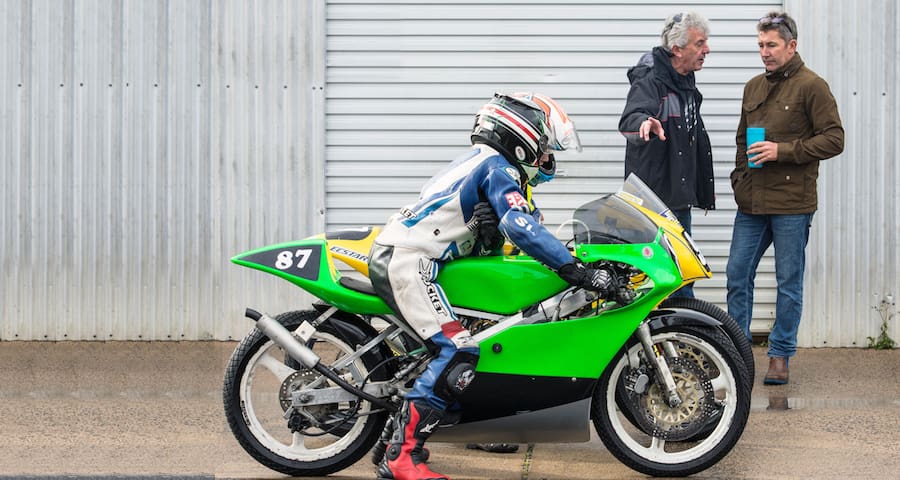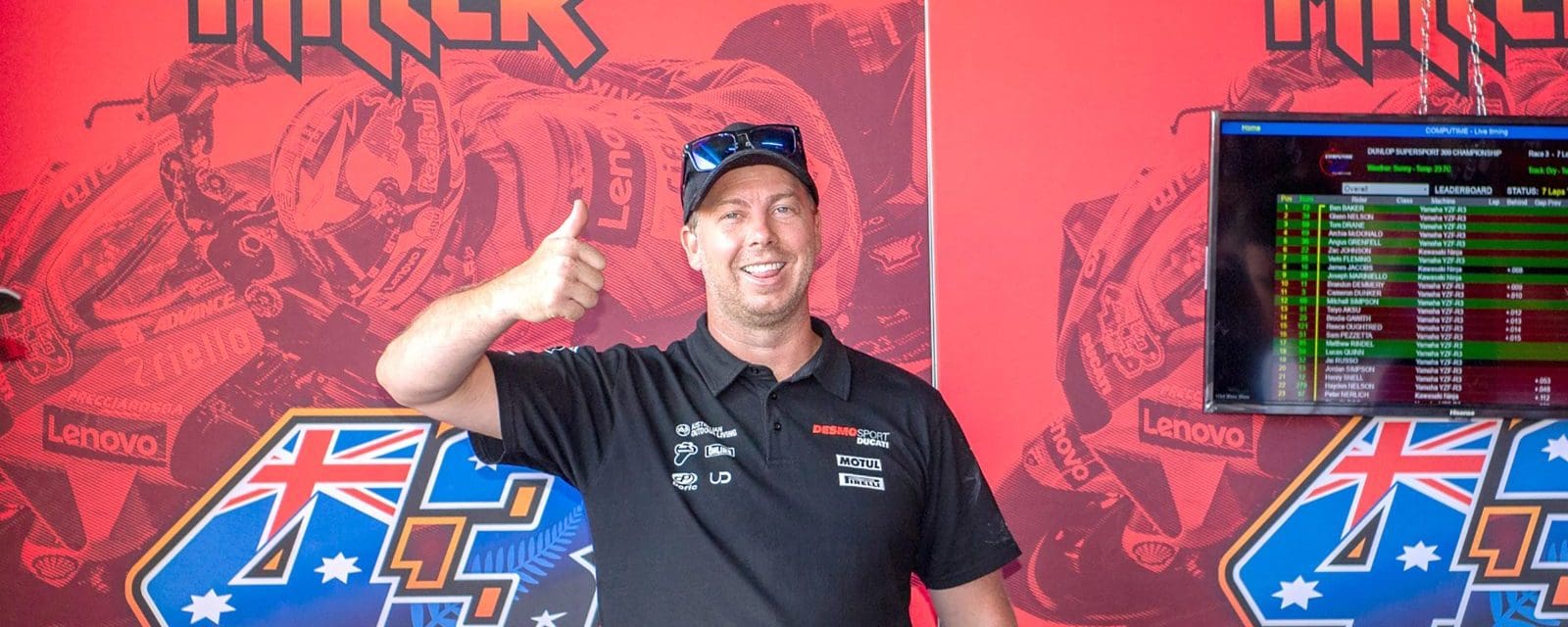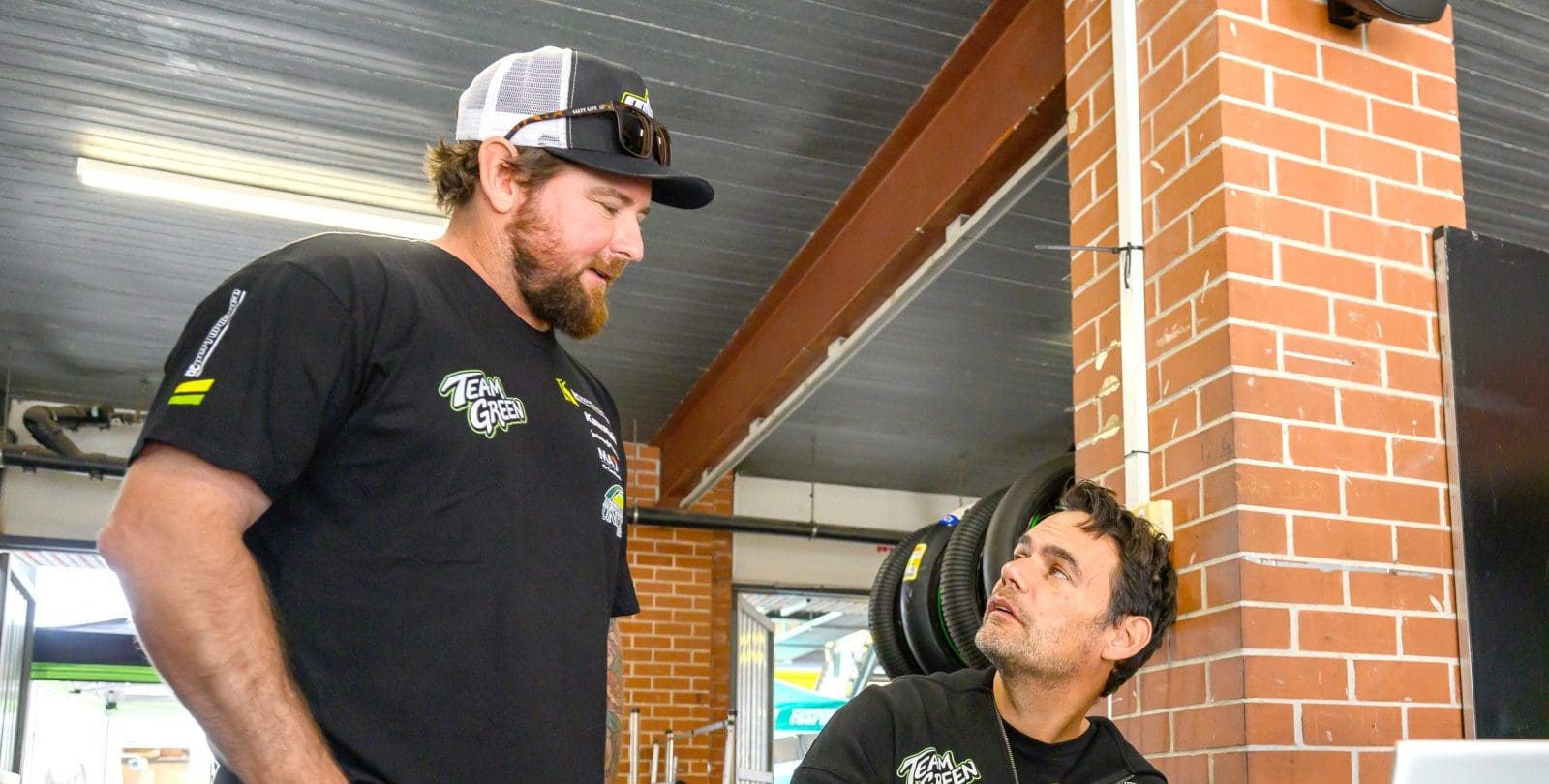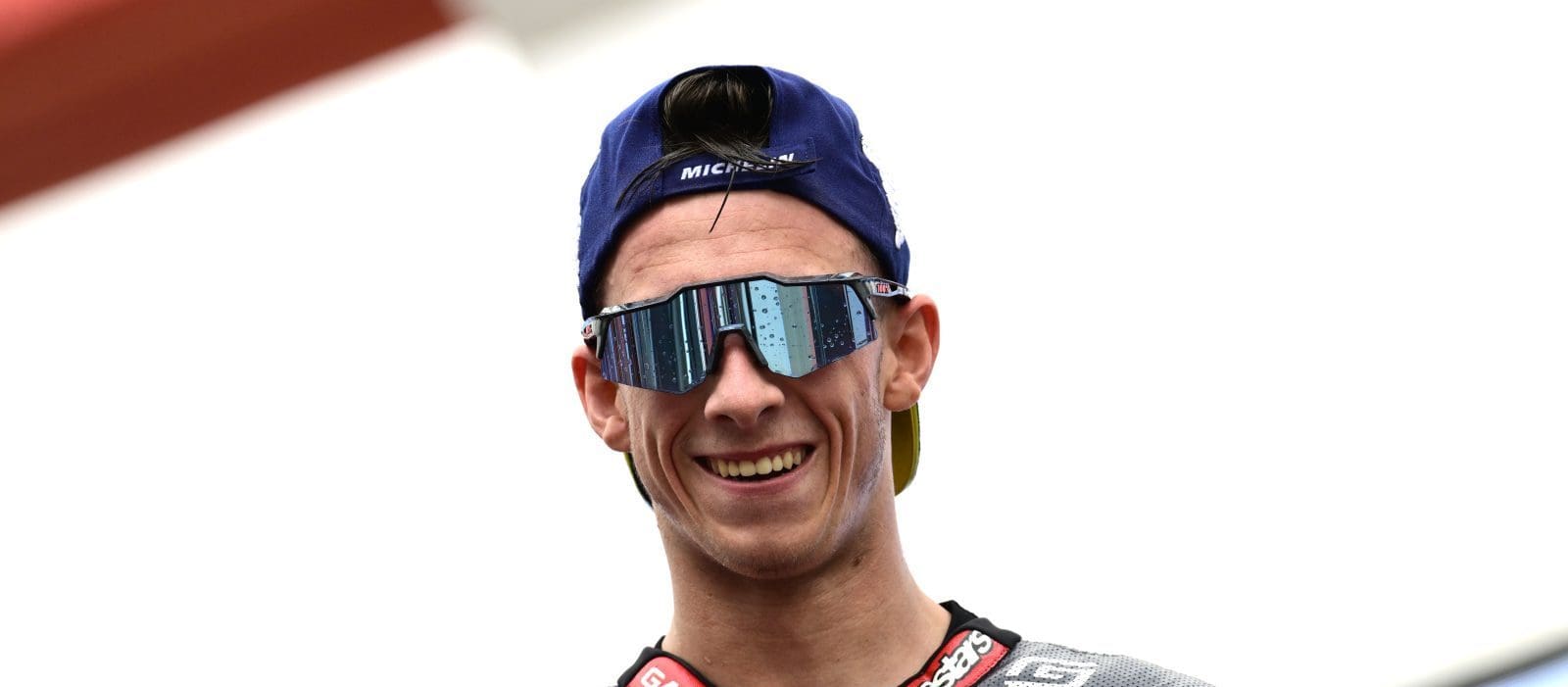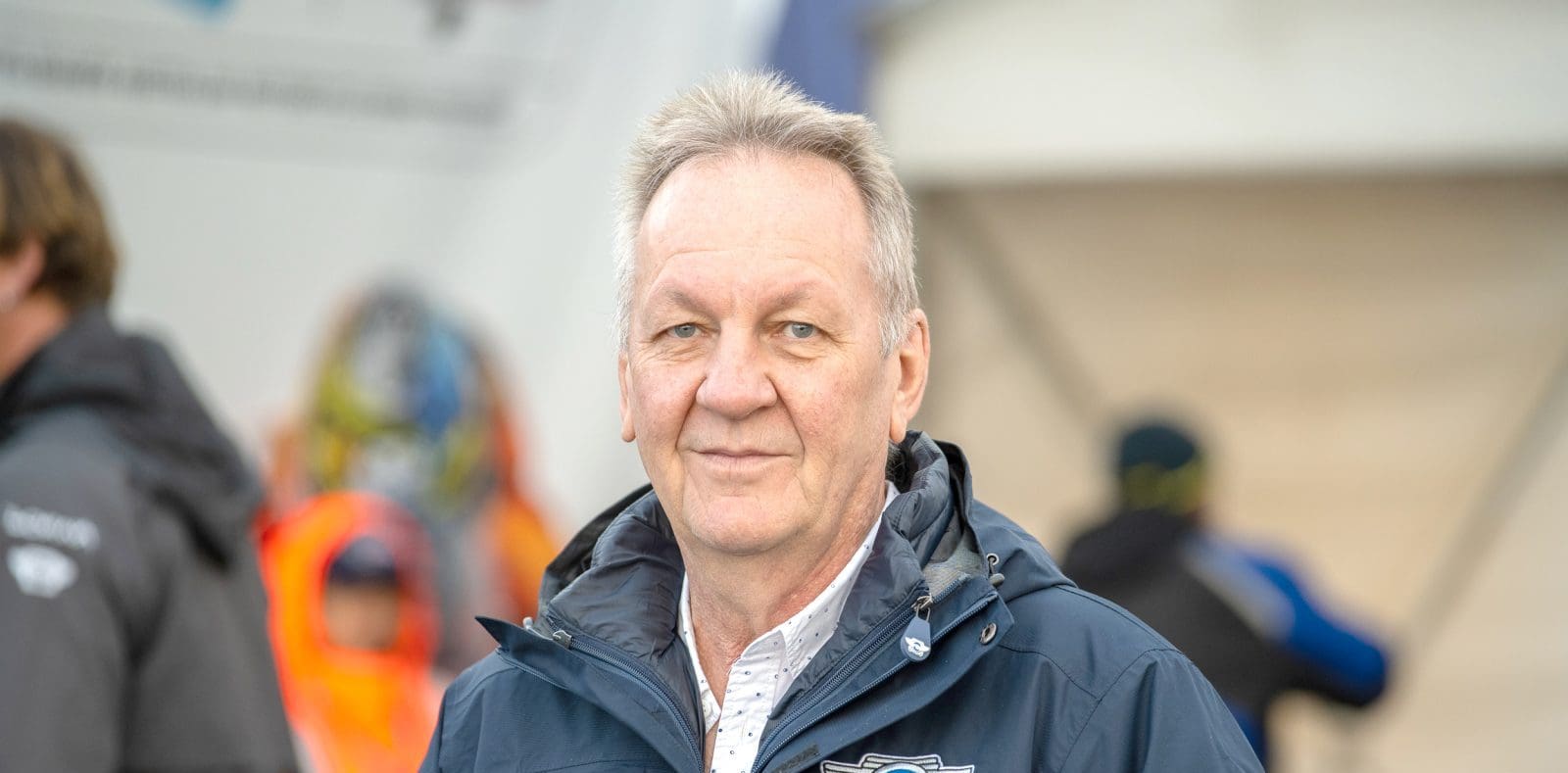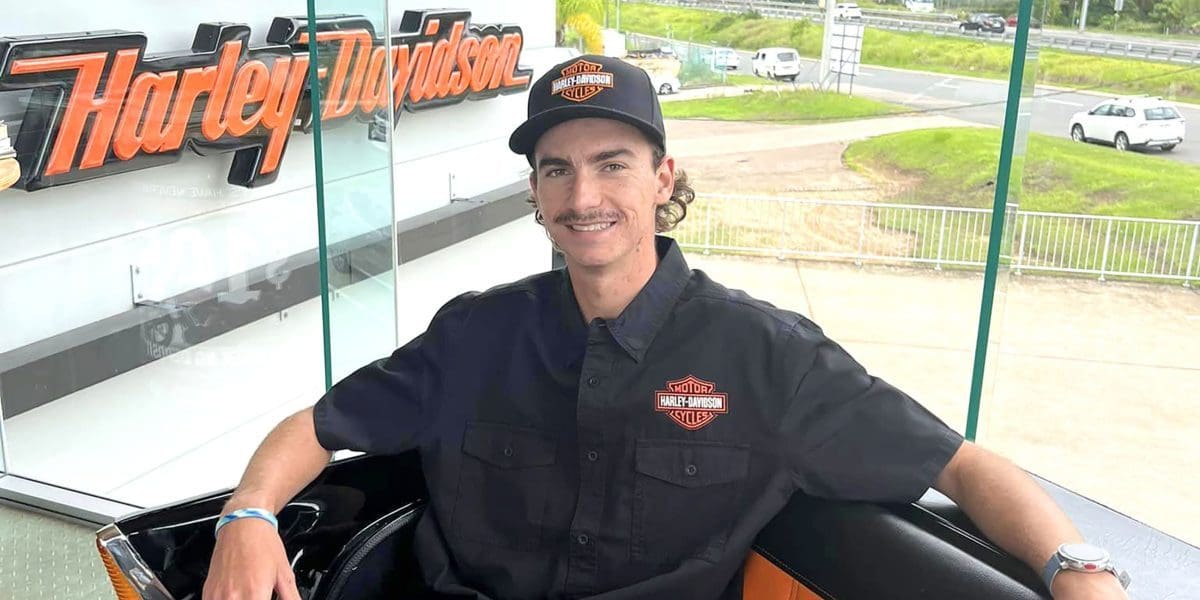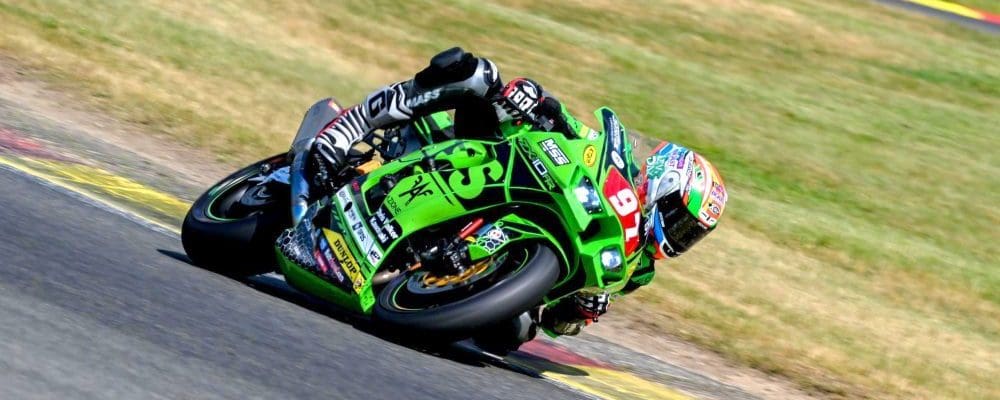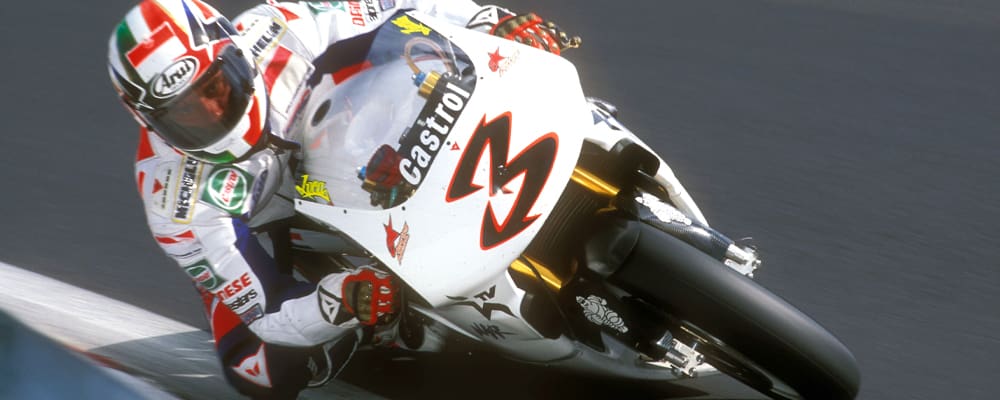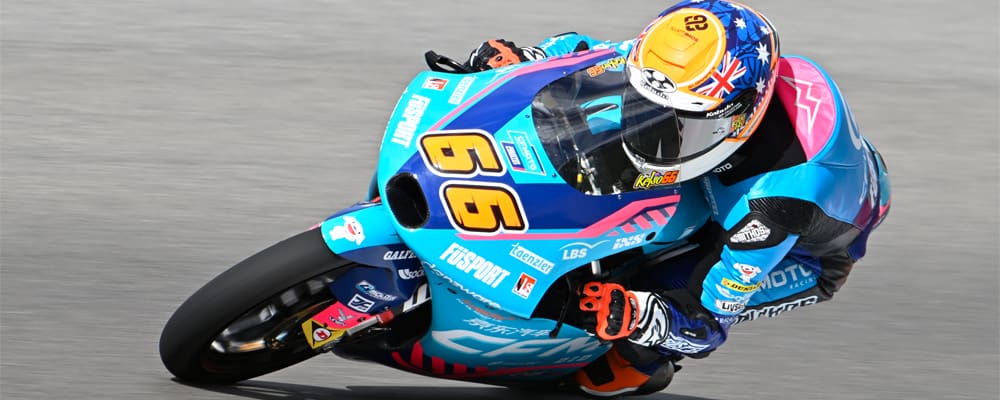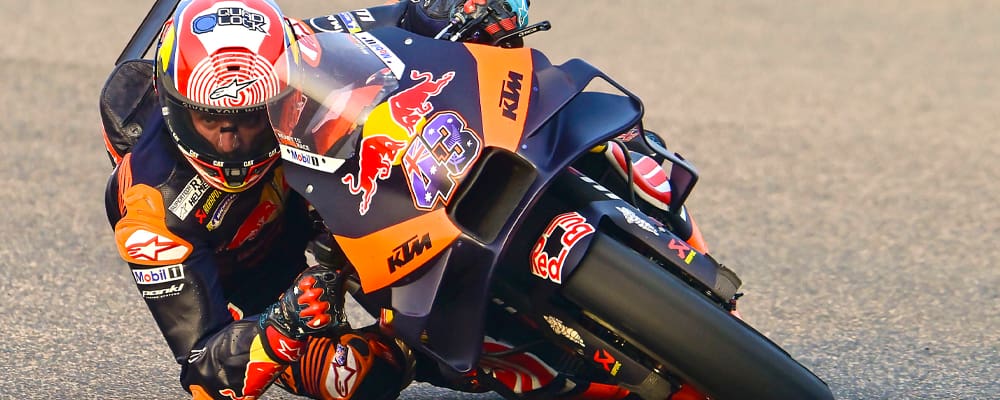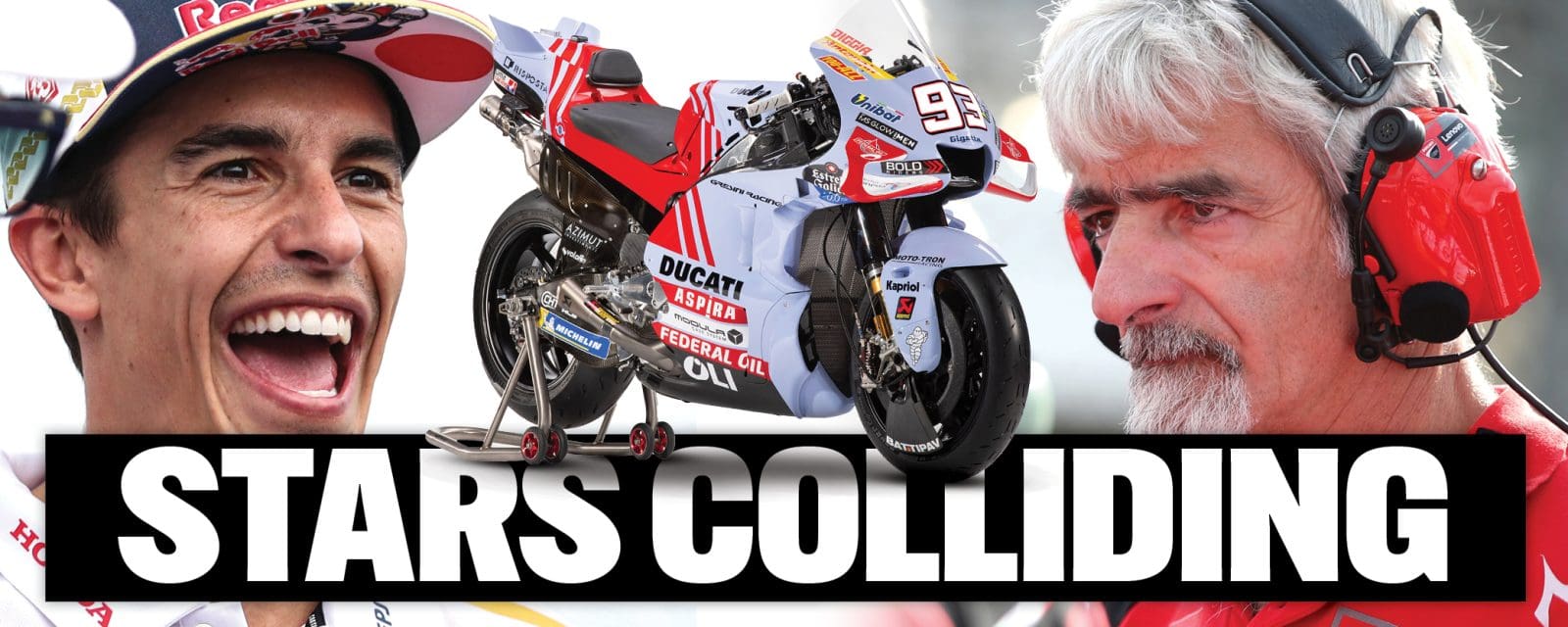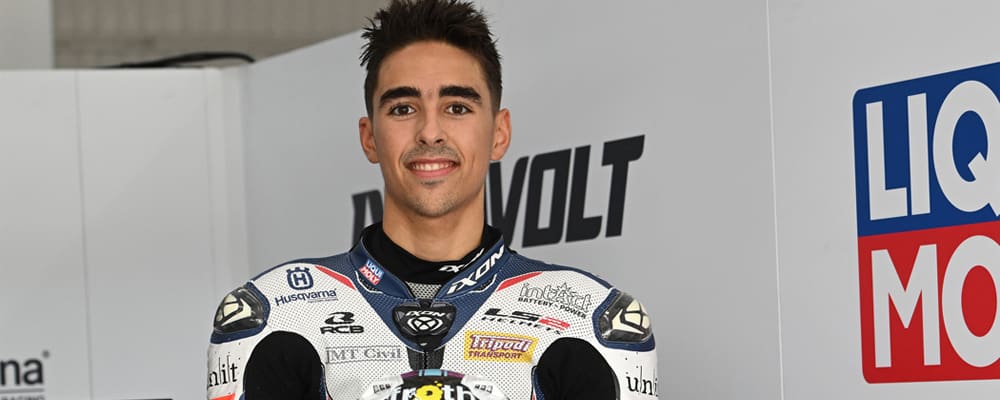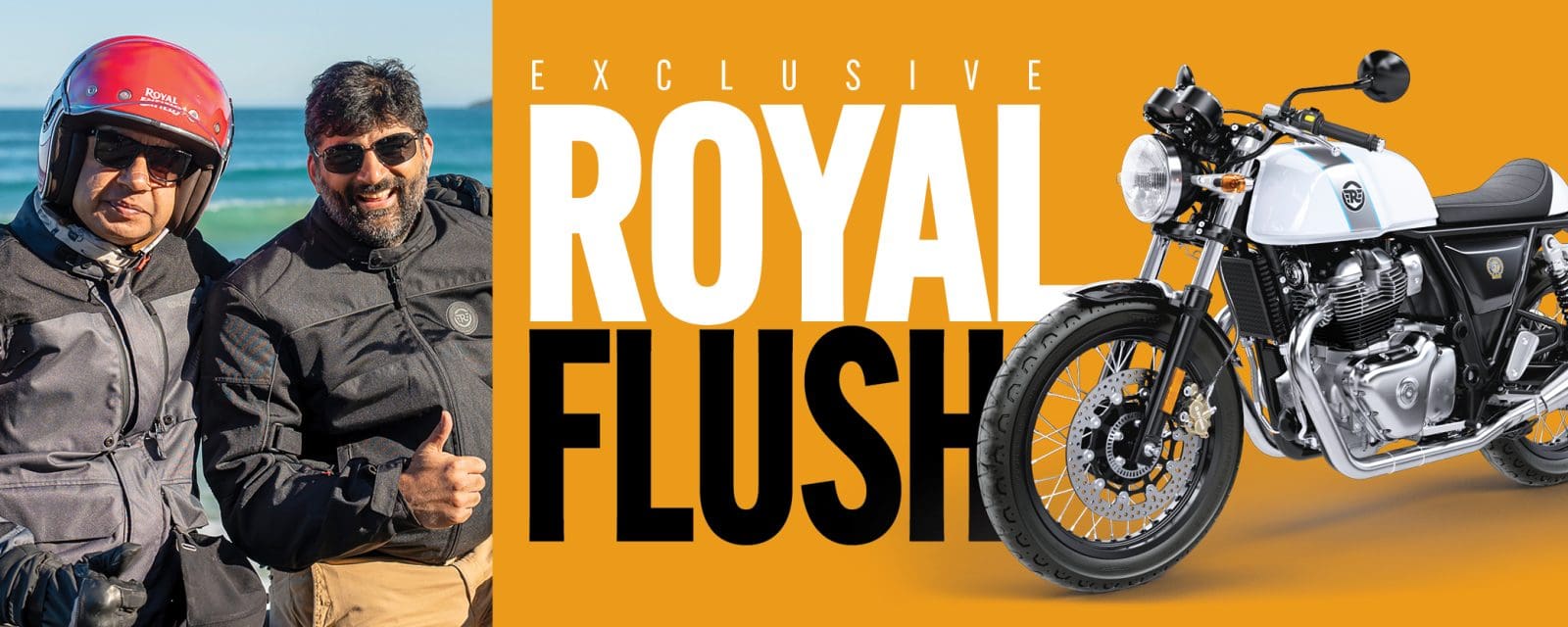What got you motivated to do something about the development of junior riders in Australia?
I think it was July 2015 I put my hand up. The series had a great start as the MRRDA and I thought it was too good to let it go. We really just implemented a name change to GP Juniors Australia and went looking for a deal so we could stage a one-make series, and with the help of Yamaha, Bridgestone and MA it has happened.
What feedback are you getting from riders and parents? What are the things they like about the series, and where is it heading?
I think the main thing is the costs have come down to go racing, relatively speaking.
Everyone seems to agree having the one make is important – same bike, same tyres. It provides a level playing field for everybody and it’s worked out well. You can buy a Yamaha YZF-R15 and fit it with Bridgestone tyres for under $5K, or you can lease a bike with everything supplied for $800 for the weekend.
For next year and beyond I want to start up club, district and state championships so that you have this consistent structure where everybody is working in the same direction – and it becomes known as a pathway to the ‘big boys’.
The majority of kids have a dirt track background, and these days you can spend maybe four grand on a dirtbike, but you might spend five or six making it competitive. That sort of thing can push people out. And to be honest, when the MRRDA stopped the one-make series, the same thing was happening with junior road racing.
You don’t want to be paying up to $20K for a bike a kid is going to grow out of in a few years.
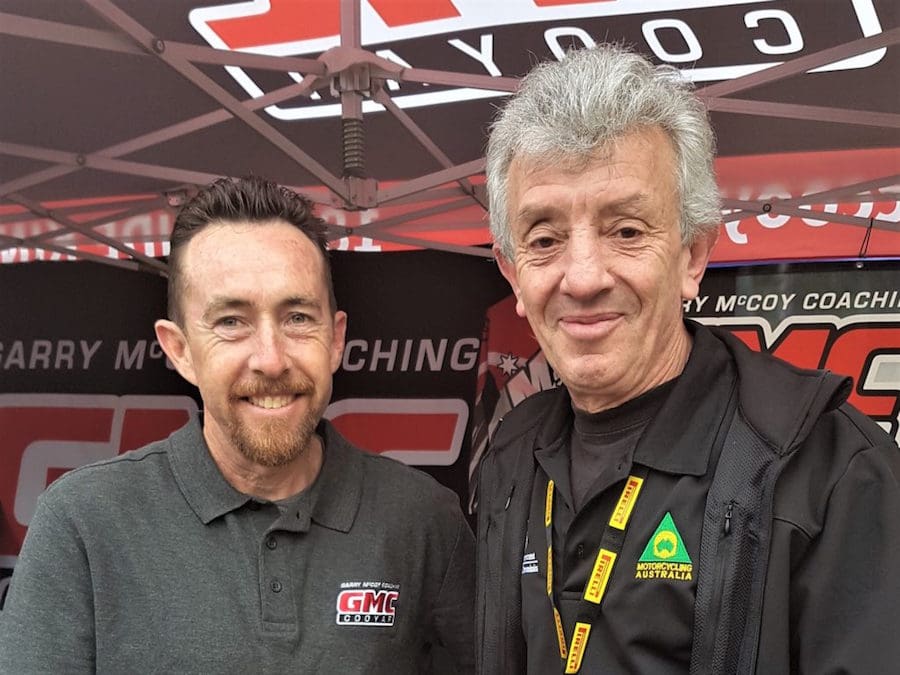
What’s your view on training and preparation for road racing; is dirt still an essential element for Aussie kids?
There’s no doubting road racing starts at dirt track. That’s been proven in Australia, but also with the Rossi ranch, Márquez rebirthing the Superprestigio, Colin Edwards doing his thing. Nicky Hayden, Kenny Roberts – all dirt track. There was a bit of a lull with it, but now we’re seeing a resurgence in dirt track, in no small part due to the Troy Bayliss Classic.
To see the young tackers and the craft they are learning on the dirt, it’s priceless. They show a maturity beyond their years. But on the flipside, what I would like to do is get kids onto go-kart tracks nationwide, then you can get kids from the city involved at a younger age having a bit of fun. In a perfect world I’d like to get seven-year-olds out on pocket bikes and not worry about racing so much, just get them out there and have fun.
You’ve also got guys like Garry McCoy helping us out that have so much experience on bitumen and dirt – also Damian Cudlin with MotoStars. The club scene is thriving with Marg Trotter from Mac Park and Gary Thomas from North Coast Road Racers all keen to see this a success.
It’s good to get as many people involved working together towards that common goal. You can get access to some amazingly talented mentors and coaches in Australia, and there are a lot of people giving their time to help make it work.
What do you think of the ‘pay to ride’ situation? Is the changing commercial nature of racing just something the modern rider has to adapt to?
Yes and no. If a rider has the right attitude and the talent, that is always going to shine through when they’re in the right environment. The pay-to-ride thing is a sad fact of modern racing, and it means the best rider doesn’t always end up on the bike. Hopefully with what we’ve got going on here, we will start to see something similar to what is happening in Spain where the cream rises to the top.
Mike Jones is a good example. Through the MRRDA – and the contacts of Troy Bayliss and others – there was some goodwill to get him on the Ducati. Now he’s repaying that faith with impressive results.
If you’ve got the talent, you don’t necessarily need the money. But it really depends how desperate you are for the ride, I guess.
This is why I think GP Juniors Australia is so important – if we have the right junior program here, young guys can stay in Australia a bit longer and progress through the ASBK.
If GP Juniors Australia is working as it should, and the talent is being developed properly, the pressure won’t be as intense to accept the pay-for-ride deals because other opportunities will open up, and that’s what we’re all working towards, providing direction in developing future Australian champions.
Interview MATT O’CONNELL
